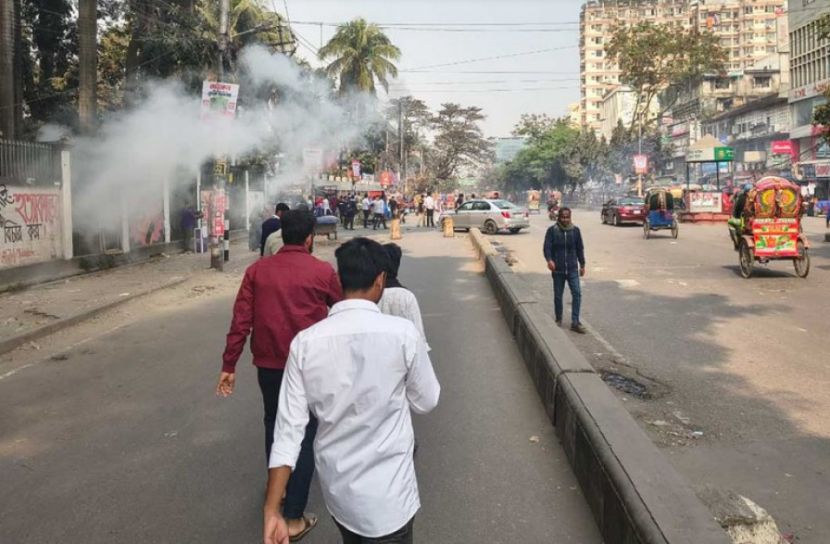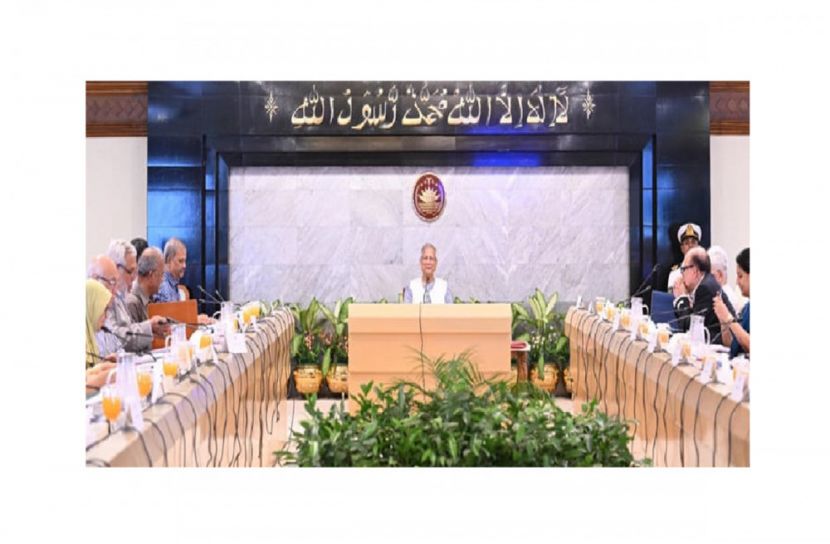
Inward remittance of the country shrinks by 23%

Further clash between Dhaka and Ideal college

One dies while attending Janaza!

Bangladesh will not join ICC T20 World Cup in India

The government has finalized the draft of the National Human Rights Commission (NHRC) Ordinance-2025, introducing major reforms aimed at transforming the Commission into a more empowered and effective institution. The ordinance received its final approval at the weekly meeting of the Council of Advisers, held at Chief Adviser’s Office with Chief Adviser Professor Muhammad Yunus in the chair.
Briefing reporters at the Foreign Service Academy after the meeting, Law Adviser Professor Dr Asif Nazrul said the reforms are designed to address long-standing weaknesses in the existing commission structure. “You know we have a human rights commission which was largely ineffective due to structural flaws, weak mandates and the appointment of individuals who lacked either authority or initiative,” he said. “We have now tried to make it a far stronger and more functional institution capable of genuinely addressing human rights violations.”
One of the key changes, Dr Nazrul explained, is the expanded definition of human rights, which now covers “rights declared in various international human rights instruments ratified by Bangladesh and those recognized under customary international law.”
This broadened scope means that, beyond the fundamental rights guaranteed by the Constitution of Bangladesh, NHRC will also be able to act on violations of international human rights standards that the country has endorsed.
Under the new ordinance, the reconstituted Commission will consist of a Chairperson and four full-time members. A seven-member Selection Committee, headed by a judge of the Appellate Division, will recommend appointments through a transparent process involving public notifications and interviews, modeled on the system used for judicial appointments.
Addressing one of the most significant shortcomings of the previous law, the new ordinance gives the Commission clear authority to investigate human rights violations by law enforcement agencies as well as abuses committed under state sponsorship or with state support.
The NHRC will also assume primary responsibility for implementing laws related to the prevention of enforced disappearances, protection of victims and other human rights–related legislation. Dr Nazrul said the government had decided not to form a separate Enforced Disappearance Commission, instead empowering the NHRC to handle such cases directly. The ordinance also authorizes the Commission to investigate custodial deaths and similar incidents. Importantly, compliance with the Commission’s orders will now be mandatory, marking a major step toward ensuring accountability in human rights enforcement.
Chief Adviser’s Press Secretary Shafiqul Alam and Deputy Press Secretary Abul Kalam Azad Mojumder were also present at the press briefing.
Sun News/ra
Newsletter
Subscribe to our newsletter and stay updated.


